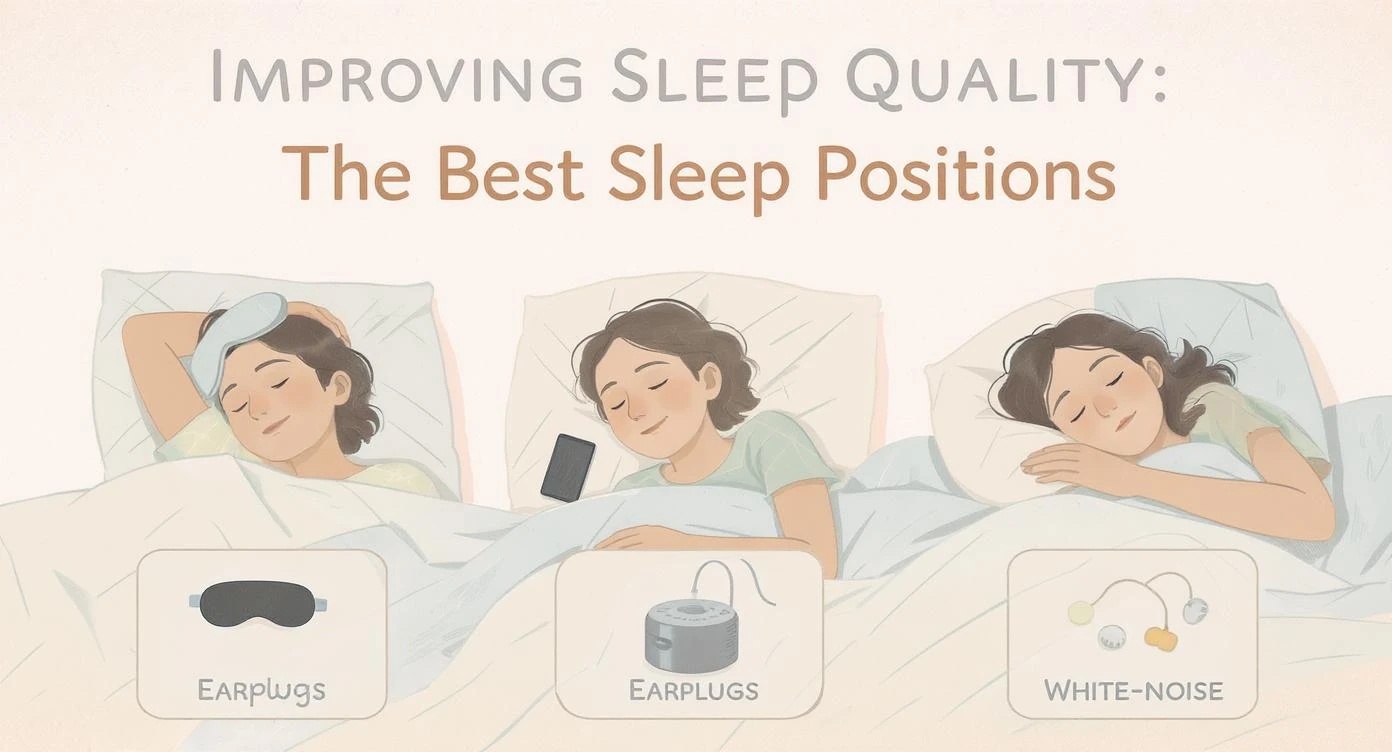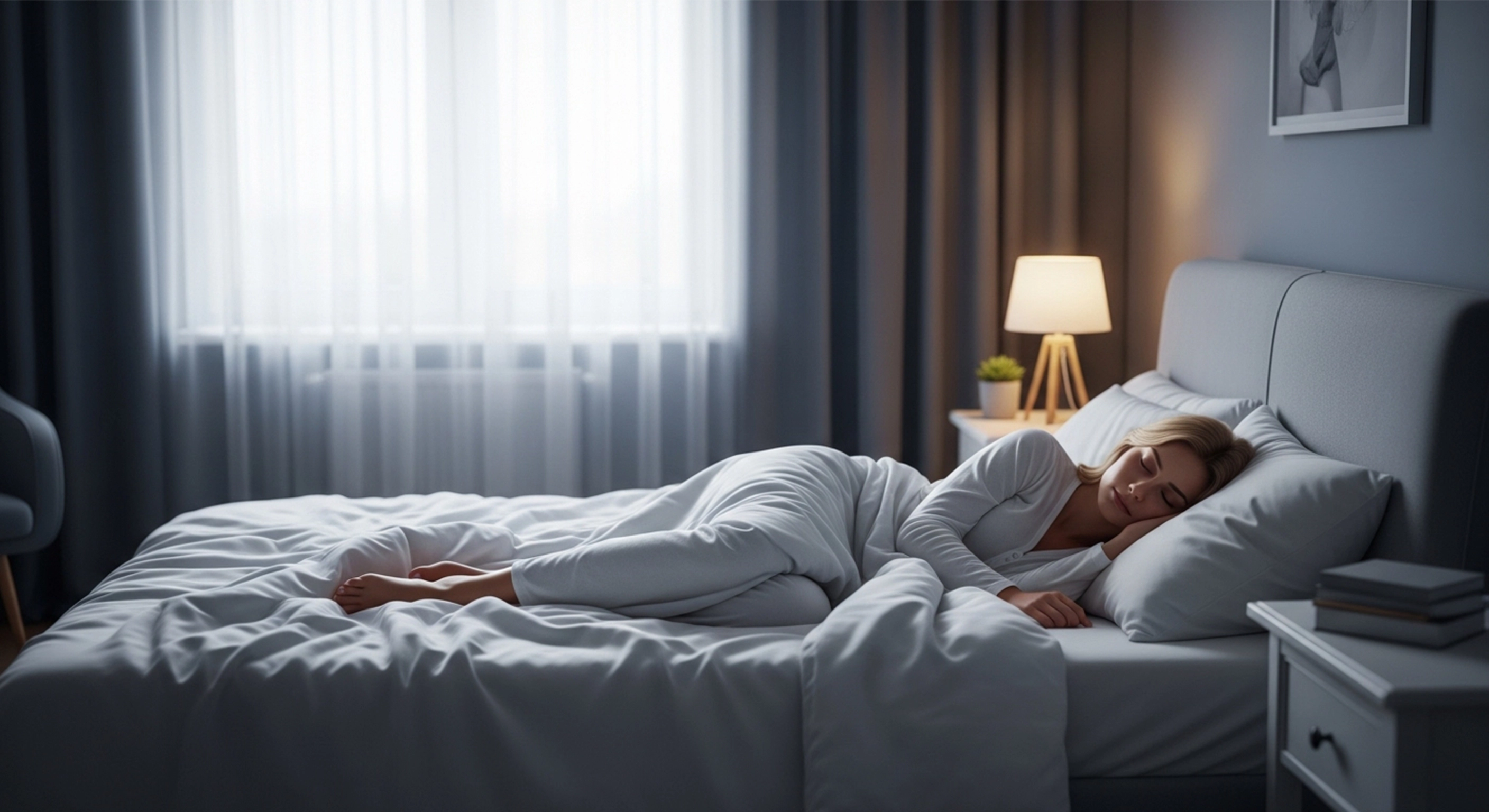How to Fall Asleep Faster for Better Sleep
Struggling to fall asleep quickly can be frustrating and impact your overall well-being. Getting quality sleep is crucial for our physical and mental health. If you find yourself tossing and turning at night, trying to figure out how to fall asleep faster, you're not alone. Let's explore some effective tips and techniques to help you achieve better sleep by falling asleep faster.
Establish a Consistent Sleep Schedule
Our bodies thrive on routine, and having a consistent sleep schedule can significantly improve your ability to fall asleep quickly. Aim to go to bed and wake up at the same time every day, even on weekends. This helps regulate your body's internal clock and can make falling asleep easier.
- Avoid sleeping in on weekends to maintain a consistent wake-up time.
- Set a bedtime alarm to remind you to start winding down for the night.
Create a Relaxing Bedtime Routine
Engaging in calming activities before bed can signal to your body that it's time to sleep. Establish a relaxing bedtime routine to help you unwind and prepare for a restful night's sleep.
- Consider activities like reading a book, taking a warm bath, or practicing gentle yoga stretches.
- Avoid screens and stimulating activities at least an hour before bed.
Optimize Your Sleep Environment
Creating a sleep-conducive environment is essential for falling asleep faster. Make sure your bedroom is set up to promote relaxation and restful sleep.
- Keep your room dark, cool, and quiet to support quality sleep.
- Invest in a comfortable mattress and pillows that support good sleep posture.
Limit Stimulants and Heavy Meals Before Bed
What you eat and drink can have a significant impact on your ability to fall asleep quickly. Avoid stimulants like caffeine and nicotine close to bedtime, and steer clear of heavy or spicy meals that can cause discomfort and disrupt sleep.
- Aim to finish eating at least 2-3 hours before bed to allow for proper digestion.
- Opt for sleep-promoting snacks like a small serving of nuts or a banana if you're hungry before bed.
Practice Relaxation Techniques
Engaging in relaxation techniques can help calm your mind and body, making it easier to fall asleep quickly. Explore different methods to find what works best for you.
- Deep breathing exercises, progressive muscle relaxation, and meditation can promote relaxation before bed.
- Try visualization techniques to create a peaceful mental image that can help you drift off to sleep.
Avoid Clock-Watching
Watching the clock and calculating how much sleep you'll get can increase anxiety and make it harder to fall asleep. Consider removing the clock from your direct view to prevent the temptation of checking the time throughout the night.
Consider Professional Help If Needed
If you've tried various techniques and still struggle to fall asleep quickly on a regular basis, it may be beneficial to consult a healthcare provider. They can help identify any underlying sleep disorders or issues that could be impacting your ability to fall asleep.
By incorporating these tips into your nightly routine and making adjustments to your sleep environment, you can improve your chances of falling asleep faster and enjoying better sleep. Remember that consistency is key, and it may take time to see significant improvements. Prioritize your sleep for overall wellness and make quality rest a non-negotiable part of your daily routine.




